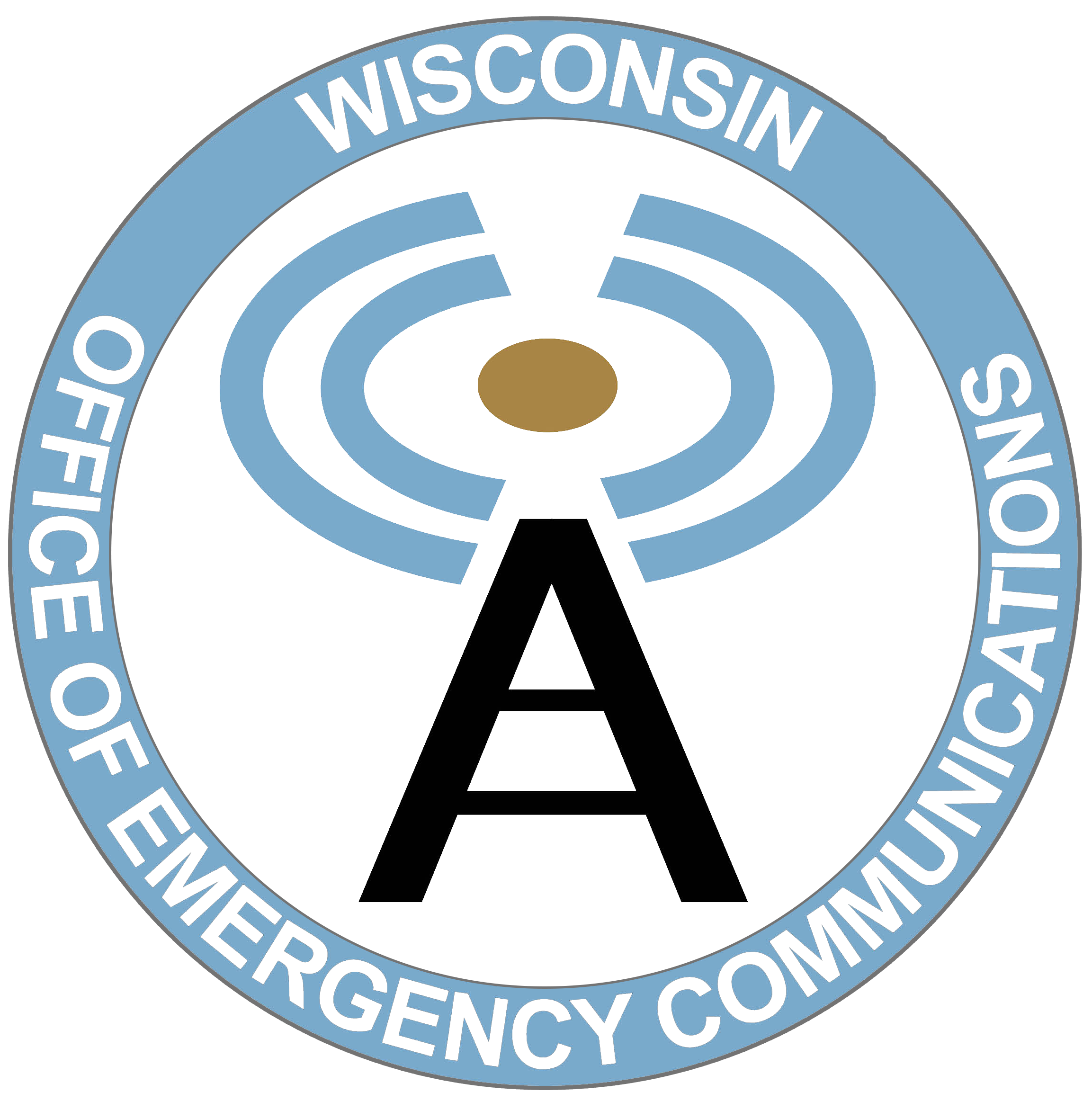The State Interoperability Council was established under Wis. Stats. §15.107 and Wis. Stats. §16.9645 in March of 2008 to develop strategies and recommend standards and guidelines for achieving statewide communications interoperability for Wisconsin’s public safety community, including public works and transportation agencies, hospitals, and volunteer emergency services.
What We Do
The Council is statutorily responsible for:
- Recommending short-term and long-term goals to achieve a statewide public safety interoperable communications system
- Recommending and periodically reviewing a strategy and timeline for achieving interoperability goals, including objectives for local government
- Assisting the department with identifying and obtaining funding for a statewide interoperable communications system
- Advising the department with allocating funds for interoperability
- Making recommendations for technical and operational standards, guidelines and procedures, and certification criteria for interoperability, and those persons who operate in dispatch centers
As the main statewide planning and governance body for communications interoperability in Wisconsin, the IC has chartered several subcommittees and working groups to address particular communications issues.
- 9-1-1 Subcommittee
- Land Mobile Radio (LMR) Subcommittee
- WISCOM Subcommittee
- Public Safety Broadband (PSB) Subcommitte
Governance & Structure
The IC and its subcommittees operate under formal governance documents:
- Interoperability Council Bylaws
- Interoperability Council Charter
- Interoperability Council Subcommittee Bylaws
Statewide Communications Interoperability Plan
The IC and it’s subcommittees are also responsible for developing and leading the implementation of the Statewide Communications Interoperability Plan (SCIP). The SCIP provides a shared strategic vision and implementation roadmap to help Wisconsin prioritize resources, strengthen governance, identify future investments, and address interoperability gaps.
Upcoming Meetings
-
911 Subcommittee Meeting
February 19, 2026
For more IC and Subcommittee meeting information, please see the News & Events Page!

